The plight of Rohingyas
 Photo: FILE
Photo: FILEOnce again the unfortunate Rohingya Muslims are left with no option but to choose between the devil and the deep blue sea. As the Myanmar troops burn their villages, ransack their homes and rape women they flee to seek refuge in neighbouring Bangladesh. But Dhaka won't let them in.
On Wednesday, the BD police detained dozens of Rohingyas and said they would be sent back to Myanmar. Since October 9 when in a clash nine Myanmar policemen were killed - nobody talks of dozens of Rohingyas who too lost their lives - the military is set about clearing the entire state of Rakhine of its Rohingya Muslim population.
According to the United Nations, up to 300,000 Rohingya Muslims have been forced to flee their homes, of whom some 2,000 are thought to have crossed into Bangladesh. Many more are either at the sea or hiding in border areas, but they don't want to return to the villages because, as one of their leaders said, "we have information the Myanmar army is killing those (Rohingya) people who are being pushed back by Bangladesh".
The BD has not only intensified border patrols but also deployed extra coastguard ships on River Naf that partly runs between the two countries to intercept the fleeing Myanmar Muslim Rohingyas. Last year and in 2012 also, the Rohingyas were put under the sword, by the so-called democratic dispensation, functioning under the 'inspiring' leadership of Nobel Laureate Aung San Suu Kyi.
However, she refuses to discuss the Rohingya issue, something the Nobel Peace Prize committee should have known. Though the New York Times did have some clue and informed the world accordingly: "Soon the world will witness a remarkable sight: a beloved Nobel Peace Prize winner presiding over 21st century concentration camp". When Myanmar shed its pariah label by returning to democratic process the expectation was that Rohingyas would get some relief. Instead the opposite seems to be happening.
If the word 'genocide' is applicable to a situation then it is here in Myanmar where an ethnic group with residential status as old as seven centuries, has been deprived of citizenship and rendered stateless. They have been subjected to increasing "ghettoism, sporadic massacres and restrictions on their movement".
The present-day Rohingyas are descendents of the Arab-origin seafarers and traders; they settled along Myanmar's seaboard, and over time, they also shared power as rulers when the state now called Rakhine was part of the Mogul Empire. Their right to equal citizenship of their country is sacrosanct, and must be recognise not only by their own government but also by the international community. Since they are under the sword for their religious distinction, it is the duty of the Muslim countries in general and OIC in particular to come to their help by securing their legal residential right.
And no less concerned should be the members of the ASEAN, of which Myanmar is a member. Not only should these countries exert pressure on the Myanmar rulers to desist from expelling the Rohingyas, they should also open their doors on those who are at the sea in rickety boats waiting to land or hiding in bushes along the common borders. Another issue of concern is the plight of fleeing Rohingyas at the hands of human smugglers.
What a predicament of a refugee Rohingya woman who says "smugglers threatened to turn her over to the authorities if she made fuss about the missing girls," who is now in search of her teenage daughter and niece who had gone missing. If obstinacy of the Myanmar government persists, which is quite likely, and the flight of Rohingyas from their country is inevitable then it becomes the duty of the United Nations and other human rights organisations to make sure that their deportation is free of undue risks and the host countries treat them as legitimate refugees.
Copyright Business Recorder, 2016




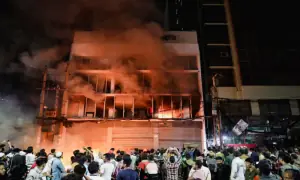






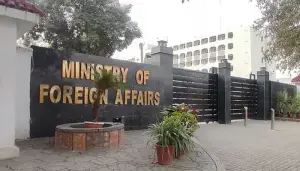
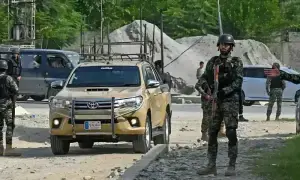
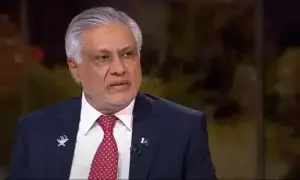
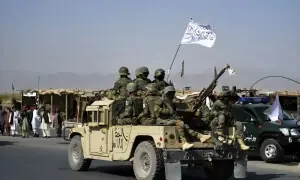
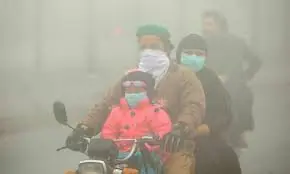
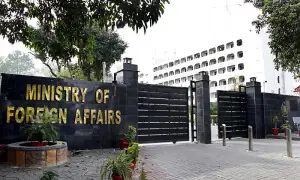

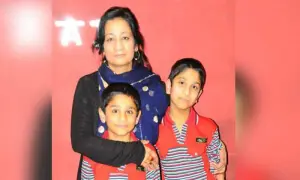
Comments are closed on this story.